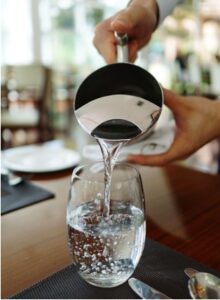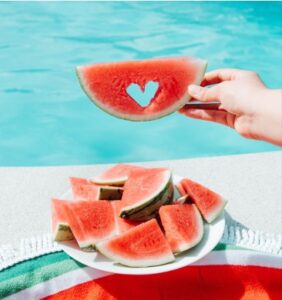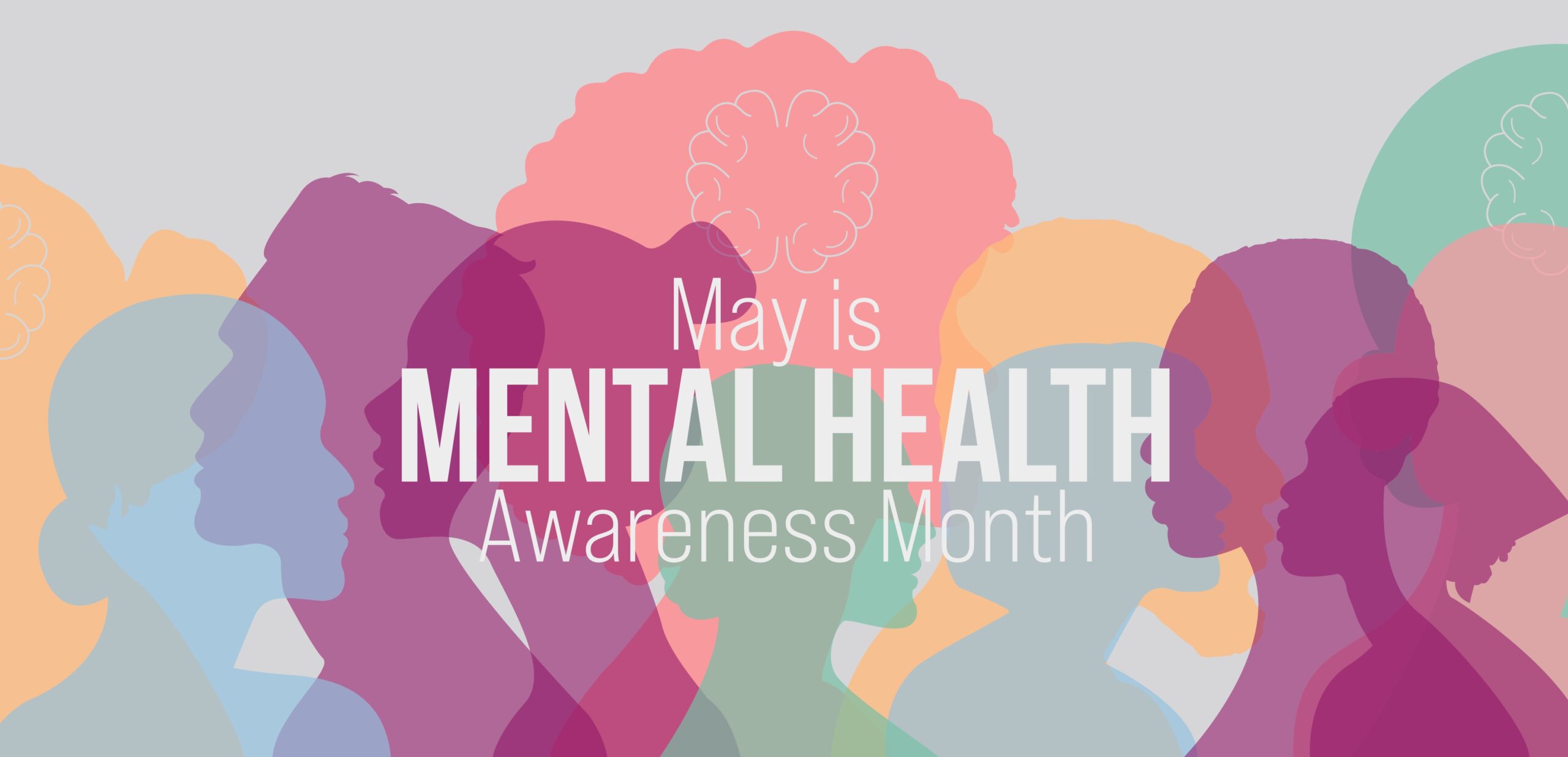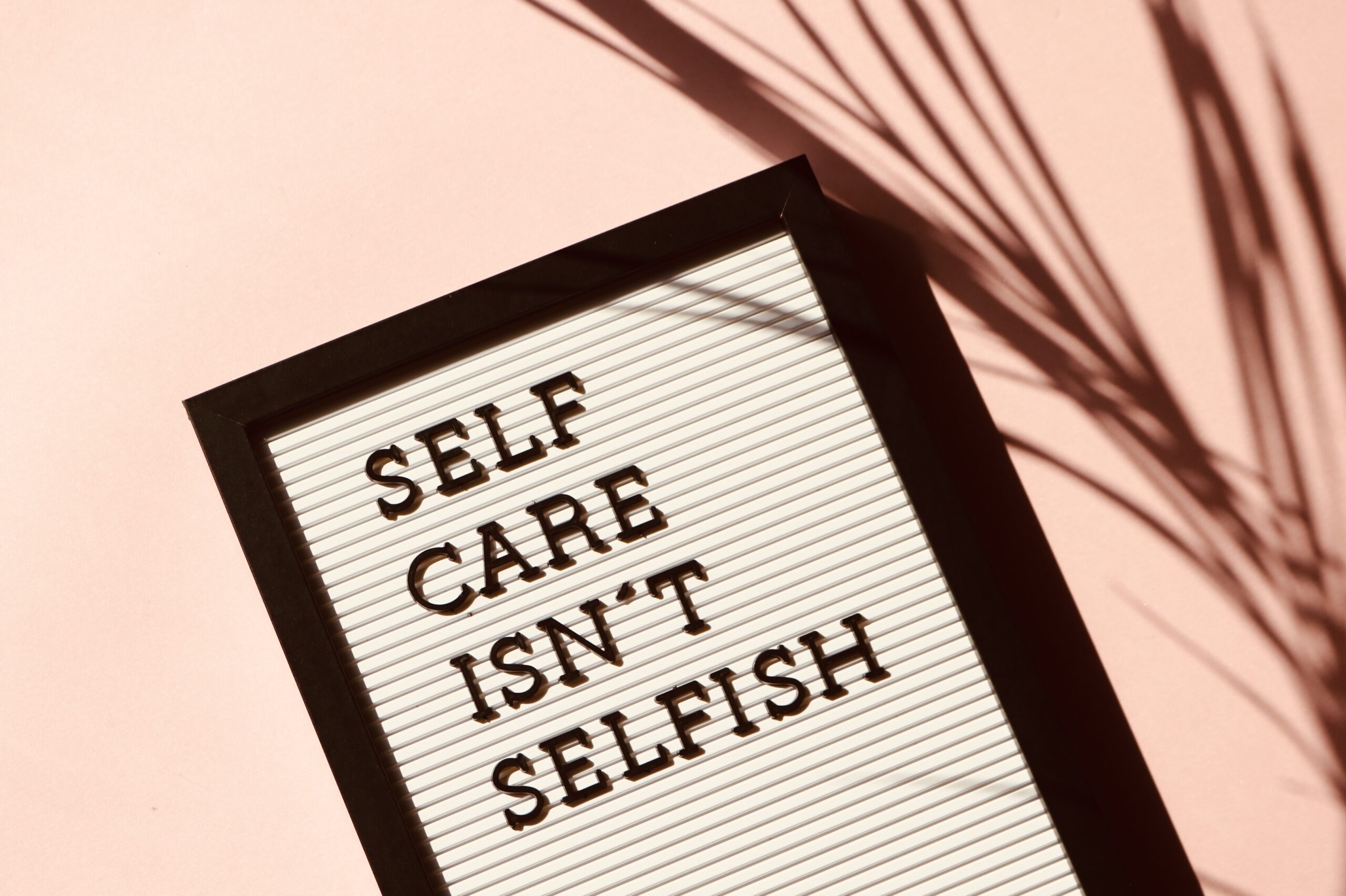The importance of water

Water is an essential nutrient which plays numerous roles contributing to your body’s functions. This becomes particularly important when you’re focused on hydrating your body in summer. From carrying nutrients and oxygen to cells, lubricating joints, and removing waste from the body, water is used and lost through everyday metabolism. By drinking water, you replenish the fluids lost through breathing, sweating, and digestion.
Although staying hydrated year-round is important, hydrating your body in summer becomes vital due to the heat intensifying the importance of hydration. To prevent heat-related illnesses like heat exhaustion or heat stroke, your body relies on sweating as a natural mechanism for cooling. The evaporation of sweat allows the dissipation of heat from your body, but also results in a loss of body water. If you are also engaging in outdoor physical activities this summer which further generate more sweat, inadequate hydration can leave you at risk of dehydration.
Listening to your body’s hydration needs
Keeping in mind your body’s sweat mechanism, a big sign to refresh yourself with a drink of water would be any time you start feeling. This supports your body’s ability to continue to regulate heat through releasing sweat. Any time you start feeling clammy or your body is working hard to release that extra heat and keep you cool.
Aside from sweat, feeling thirsty is naturally a key signal from our bodies to rehydrate. But did you know that by the time you feel the sensation of thirst, your body has already lost water accounting to over 1-2% of your body’s mass (2)? While that number may seem small, even as little as 1-2% of your body’s water lost can result in many physiological changes. Additionally, with age, the thirst mechanism can become less noticeable and reliable.
Overall, it’s vital to listen to your body and recognize the indicators that may not be as prominent as thirst and decrease your risk of being dehydrated. Mild dehydration can occur anytime your body has lost less than 5% of your body’s water volume, leaving you more susceptible to cramps, impaired cognitive function, decreased physical ability, and decreased ability for your body to regulate heat (2,3). Other signals of dehydration can include changes in mood, such as being unable to focus or feeling lightheaded, a darker than usual urine colour, and feeling clammy. Listening to these earlier cues of dehydration are important to ensuring you’re adequately hydrated before greater water loss occurs. And although thirst can be a late indicator of decreased hydration status, frequent thirst can be a great cue from your body to be more proactive about increasing your daily intake of water.
So how much water do I need?
As each of us have different bodies, the amount of water you may need differs from others, but we recommend aiming for 25-35 mL per kg of your body weight.
These guidelines can be helpful for setting goals for yourself to encourage yourself to stay hydrated. That said, it’s important to set realistic goals and listen to your body’s cues. While setting a specific volume of water to drink throughout the day can be helpful, it’s essential to remember that your body is not a machine! Forcing yourself to consume large amounts of water at once to meet those guidelines may leave you feeling bloated or nauseous. Instead, spread out your water intake throughout the day and take advantage of including other hydrating foods in your meals. Remember that the food you eat also contributes to your daily water intake, so don’t feel too focused on meeting strict water goals. Listen to your body, be kind to yourself, and prioritize overall hydration in a way that works best for you.
Incorporating more water into your life
 When it comes to hydrating your body in summer, whether you love water by itself, or prefer more flavourful beverage options, there are many ways to incorporate more water into your everyday life. Here are some easy ways you can explore:
When it comes to hydrating your body in summer, whether you love water by itself, or prefer more flavourful beverage options, there are many ways to incorporate more water into your everyday life. Here are some easy ways you can explore:
- Make water easily accessible to you – Carrying a water bottle with you or pouring a glass at every meal and snack can easily increase your water intake by ensuring you have it within arms reach whenever you need it. This simple habit can have a significant impact on your hydration levels, making it easier to meet your daily water intake goals.
- Eat water-rich foods – If you’re looking for delicious and hydrating options, especially for kids, fruits and vegetables are a perfect choice. With over 90% water content, gems like tomatoes, strawberries, melons, cucumbers, peppers, can keep your body well-hydrated throughout the day. These refreshing snacks not only provide hydration but also pack essential nutrients. Yogurt is another great hydrating food option, perfect for the summertime.
- Drink it hot or cold – Whether you prefer it hot or cold, the versatility of water allows you to tailor its temperature to your liking. Embrace the pleasure of sipping water in your preferred temperature and enjoy an ice-cold glass to beat the summer heat.
- Flavour your water – From citrus-infused water with slices of lemon and lime to refreshing combinations like strawberry and basil or cucumber and mint, there are endless possibilities to infuse your water with natural flavours. Infused water is a great way to add a splash of flavour to your day.
- Choose other fluids – While water is the best option for hydrating, there are other great options for beverages including milk or coconut water. They also offer additional benefits like calcium and protein from milk, and electrolytes inside of coconut water.
As for sweetened beverages, although they may encourage you to drink more frequently throughout the day, the sugar content of sweetened drinks has been shown to further disrupt your body’s fluid balance (4). This is due to your body drawing water from its own cells to dilute the sweetened beverage, resulting in a greater loss of water from your body and ultimately negatively contributing to helping you hydrate.
Nurture Your Body Through Adequate Fluid Intake
 Hydrating your body in summer is vital to prevent dehydration and support your body during the hot months. By observing your body’s signs of water loss like breaking a sweat and incorporating hydrating foods into your diet or a water bottle close by, you can keep your body properly hydrated throughout the summer heat.
Hydrating your body in summer is vital to prevent dehydration and support your body during the hot months. By observing your body’s signs of water loss like breaking a sweat and incorporating hydrating foods into your diet or a water bottle close by, you can keep your body properly hydrated throughout the summer heat.Connect with us!
Sources:




